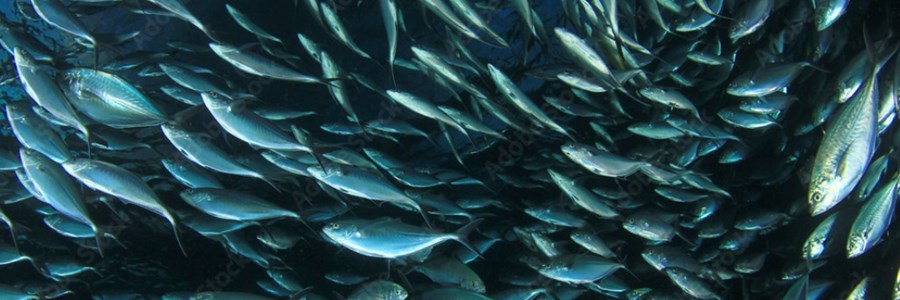EU fishing industry disappointed with Coastal States’ failure to seal mackerel sharing deal and warns against parties again setting inflated unilateral quotas

The EU fishing industry is highly disappointed that the Northeast Atlantic Coastal States, despite intensified efforts over February and March, again failed to successfully conclude their negotiations on a sharing agreement for the Northeast Atlantic mackerel fishery. With talks not being resumed before the end of September, there is a risk of some parties again setting excessive unilateral quotas, which would lead to another year of catches exceeding the Total Allowable Catch that has been set in line with scientific advice. In that case, the EU fishing industry strongly urges the European Commission and the Council of the EU to take concrete action and make use of the instruments at their disposal, such as select trade measures.
Parties had set themselves a deadline of 31 March 2023 to reach an agreement on the allocation of Northeast Atlantic mackerel quotas. They held three further rounds of consultations during the months of February and March in London and Nuuk (Greenland), but to no avail. Talks are now suspended until the end of September, with the position of Chair moving from the UK to Iceland.
Tim Heddema, spokesperson for the EU pelagic fishing industry, comments: “Unfortunately, in these negotiations there seems to be a distinct lack of constructive diplomacy, with tactics of antagonising predominating over relationship building. While we commend the efforts of the European Commission on behalf of the EU, it is our understanding that other parties did not want to engage in a final push towards a deal, leading to a premature end of the final round in the last week of March. We’ve seen parties act in an almost Trumpian way, overasking significantly while blaming others to be too ambitious. It also appears difficult to exclude the flawed, one-dimensional criterion of zonal attachment, promoted by some Coastal States, from the discussions”.
In the absence of an agreement, the industry in the EU calls on parties who have in recent years set inflated quotas for themselves not to repeat this unsustainable and unacceptable behaviour. It also urges anew the Commission and the Council to act decisively if such a situation occurs, for example by using its power as the main market for the other Coastal States’ seafood exports.
Heddema adds: “The concerns of other stakeholders like processors, retail and sustainable fisheries certifiers are legitimate. They would however do well to recognise the responsible fishing behaviour of the EU and the UK, who have stuck to the shares agreed in 2014 by the main Coastal States. This has been a factor in the resilience of the stock, which in scientific terms has suffered overfishing but is not overfished, meaning biomass is still within safe limits. What we need now is an all-inclusive agreement, between all six Coastal States, respecting real track records, not those artificially and irresponsibly increased. Any more delay will heavily affect the fishing opportunities and market position of EU fishers. The EU industry will continue to fish sustainably and to engage with all involved, to help protect this valuable resource”.
See also:
EAPO-NPWG position paper on fishing opportunities 2023 (11/10/’22)
EAPO/Europêche press release on 2022 NEA mackerel quotas Norway and Faroe Islands (23/6/’22)
EAPO-NPWG position paper on Coastal States mackerel distribution report and consultations (16/3/’22)
Contact: Tim Heddema, Chair of the EAPO Northern Pelagic Working Group and Europêche Board Member
+31625045602 / theddema@pelagicfish.eu
Sources: Europêche, EAPO